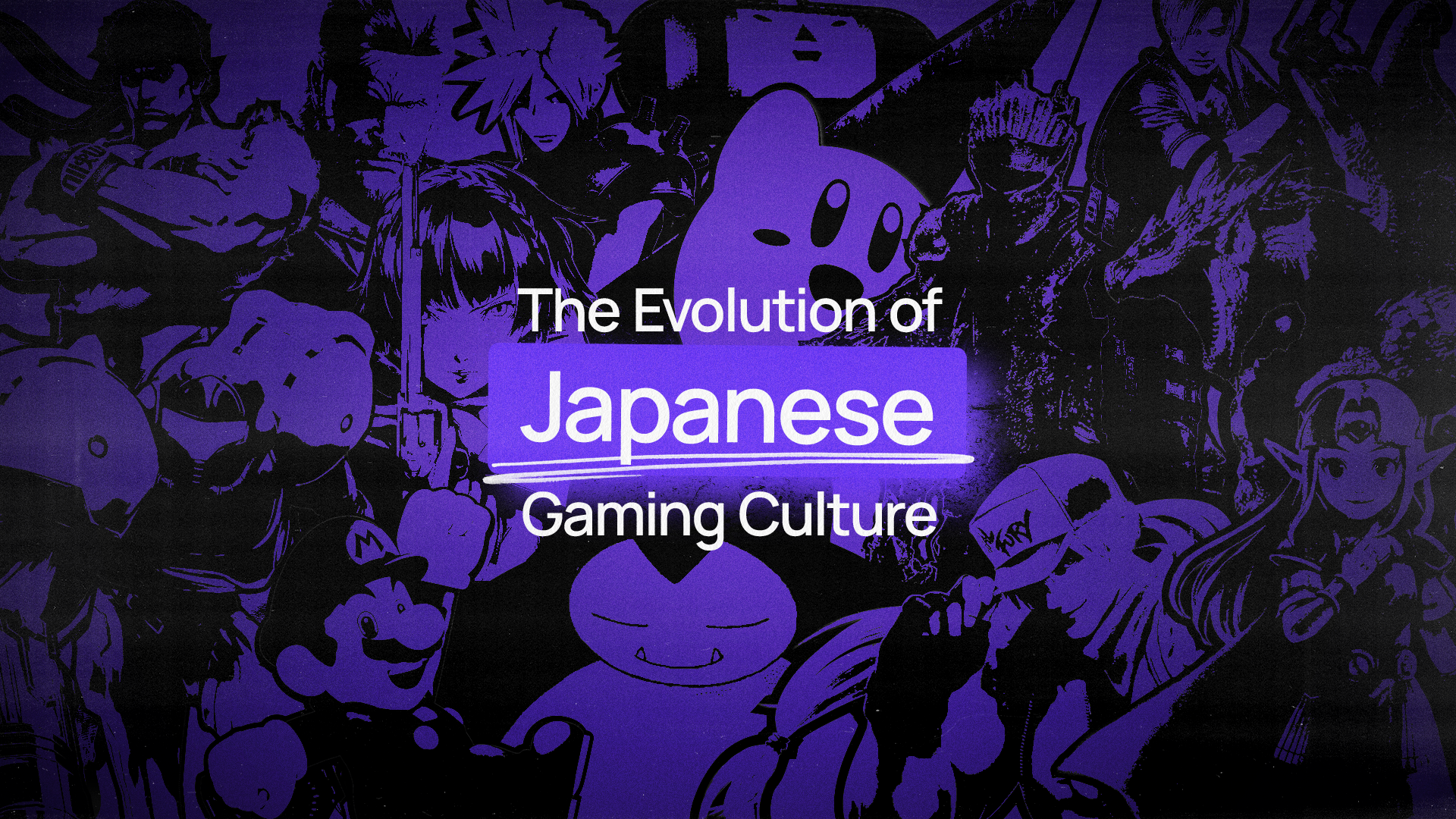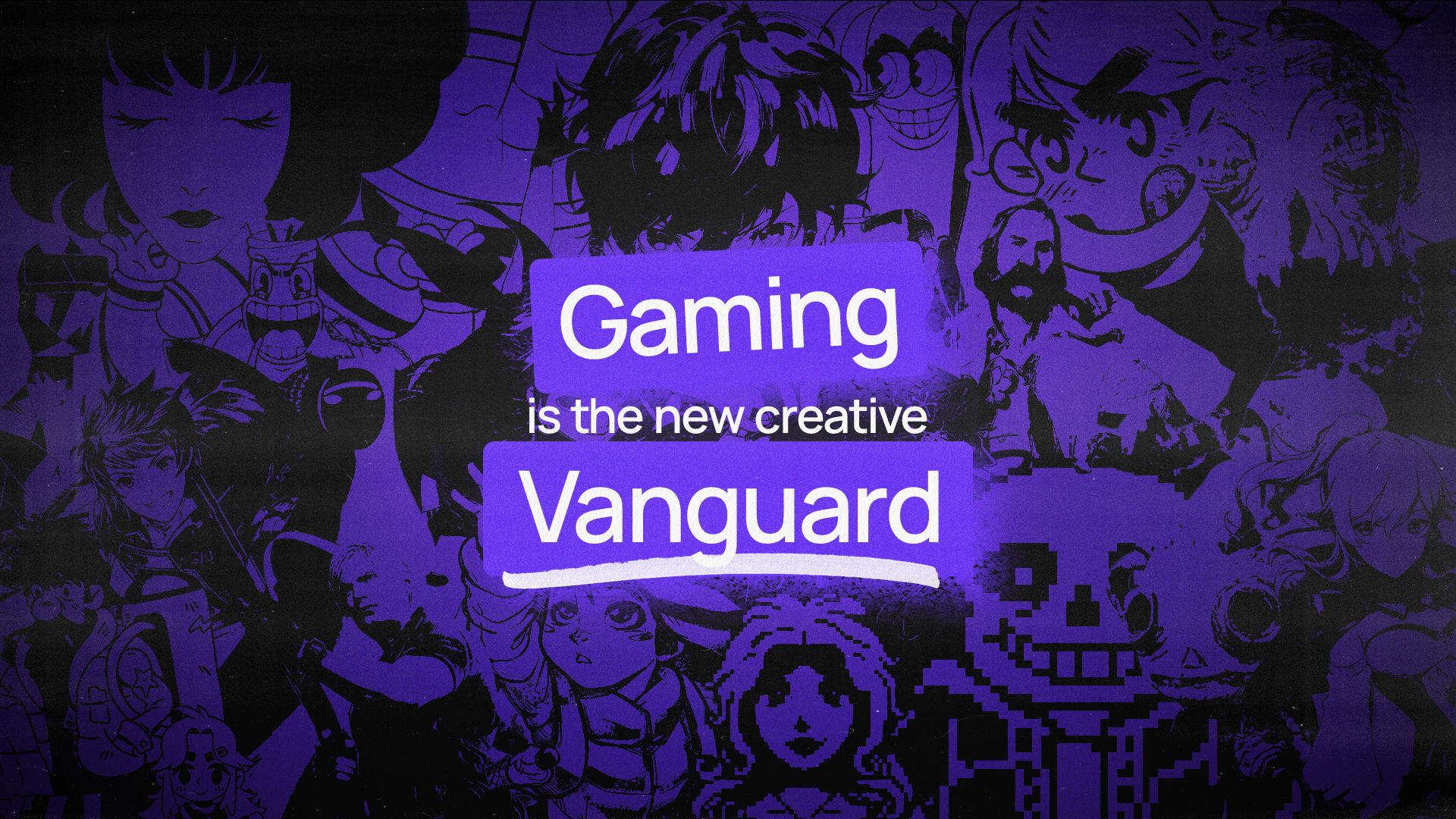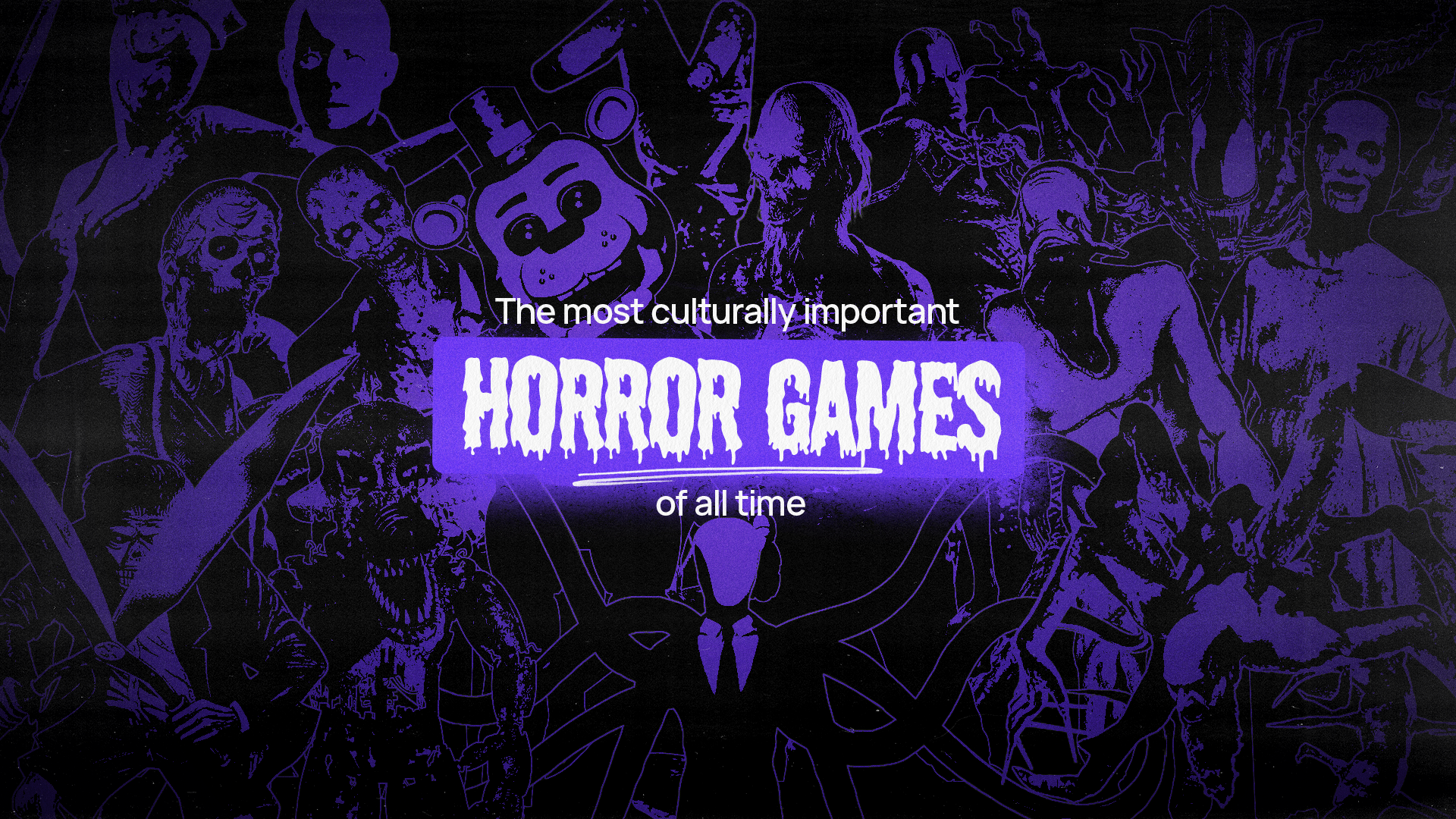Ideas
10 Minute Read
The Evolution and Influence of Japanese Gaming Culture

The Japanese gaming industry is seen as one of the most influential in the world. From Pac-Man to Sonic, its innovation and creativity has led to a rich history of iconic characters and franchises. But, how did this come about?
The history of Japanese gaming culture
Japan has always loved gaming. With the development of the first arcade games influenced by Pachinko (pinball-like slot machines), studios like Nintendo, Bandai Namco, Capcom, and SEGA played a crucial role in shaping the video game industry.
But, it didn’t stop there! The launch of the NES (Famicom in Japan) in the ‘80s propelled Japan to new heights with Super Mario Bros, The Legend of Zelda, Metroid, and more taking center stage worldwide.
Advancements in technology, and the console wars between Nintendo and SEGA then brought gaming further than it had ever been before. The rise of home consoles forced arcades to adapt by shifting from single player to multiplayer experiences, giving us fighting classics such as Street Fighter and Fatal Fury.
-
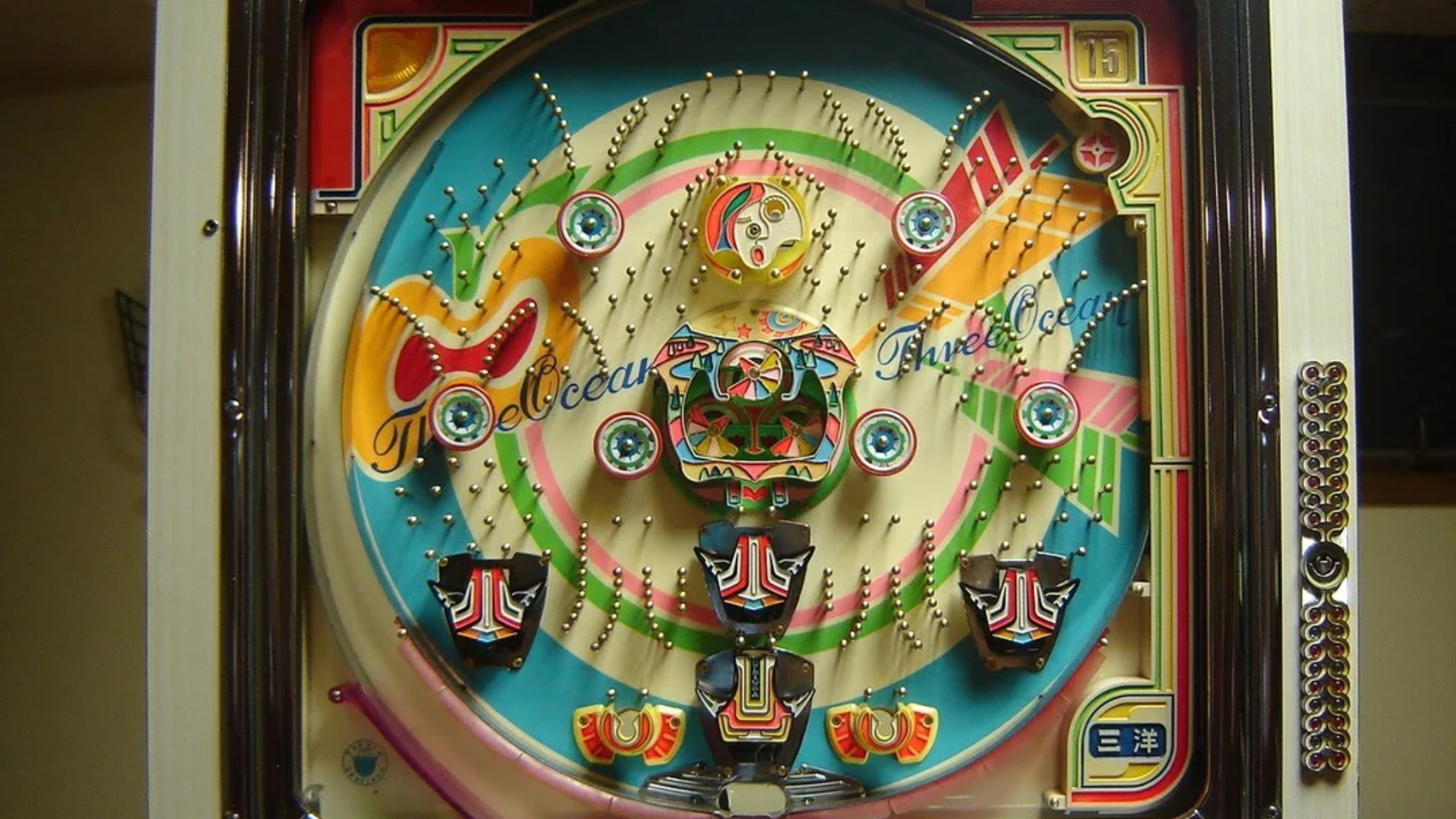
Pachinko influenced the first arcade games
-
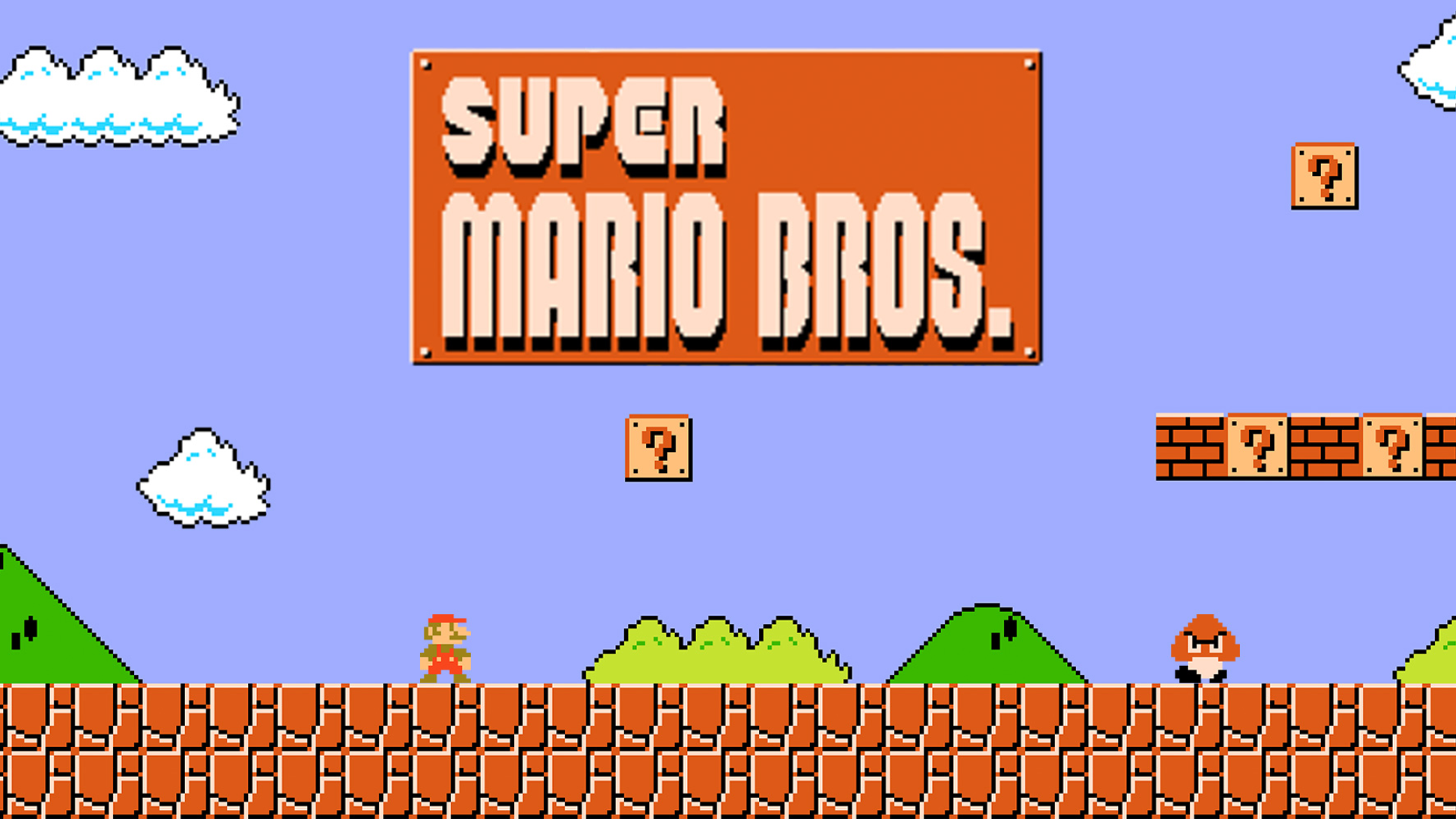
The launch of NES brought us Super Mario Bros.
Its influence on the Western gaming industry
Japan’s gaming industry strived for authenticity over realism, which led to the creation of several new genres. JRPGs, Soulsborne, Metroidvania, and Classic Platformers* took the world by storm! Players fell in love with Japan’s narrative depth, creativity, and innovative gameplay mechanics. This impact is still seen today, with Monster Hunter Wilds currently the best-selling game of 2025.
Soon, Western developers followed suit, and incorporated these key elements into their own titles. Japan’s rich culture, mythology, and history impacted themes, narratives, and art styles of video games worldwide (looking at you, Ghost of Tsushima!).
Western games that influenced the Japanese market
From the shoot ‘em up classic Space Invaders (influenced by Breakout) to the survival-horror Resident Evil (inspired by Alone in the Dark), Japanese game studios also took inspiration from their Western counterparts. Kojima’s Metal Gear Solid even took it one step further, turning to an iconic series, James Bond, to shape the entire franchise.
With Western games known for their vast, open-world designs and cinematic experiences, it also comes as no surprise that Far Cry, The Witcher, and Elder Scrolls V: Skyrim influenced Eiji Aonuma for The Legend of Zelda: Breath of the Wild!
-
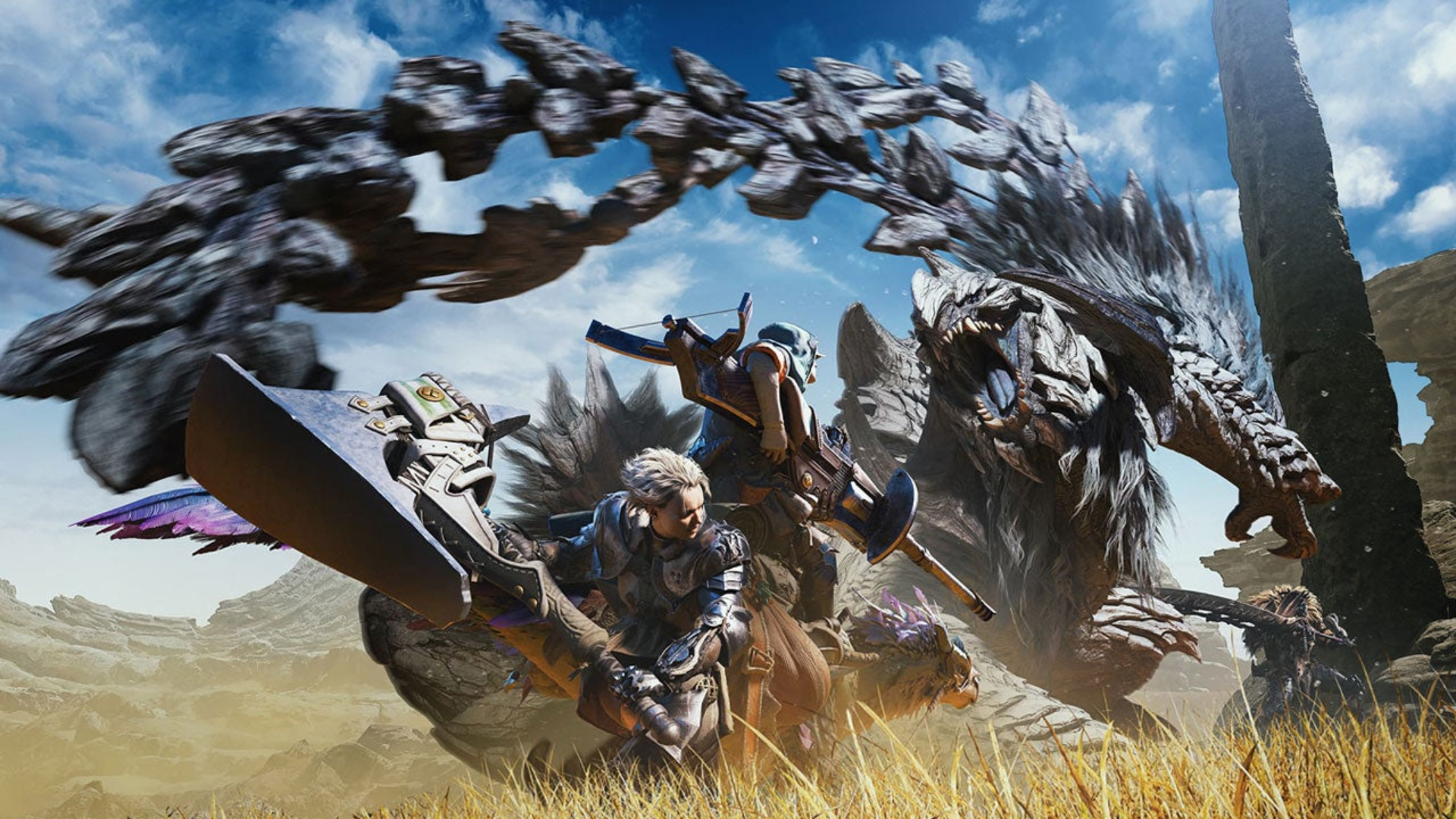
Monster Hunter Wilds is the best-selling game of 2025 (so far!)
-
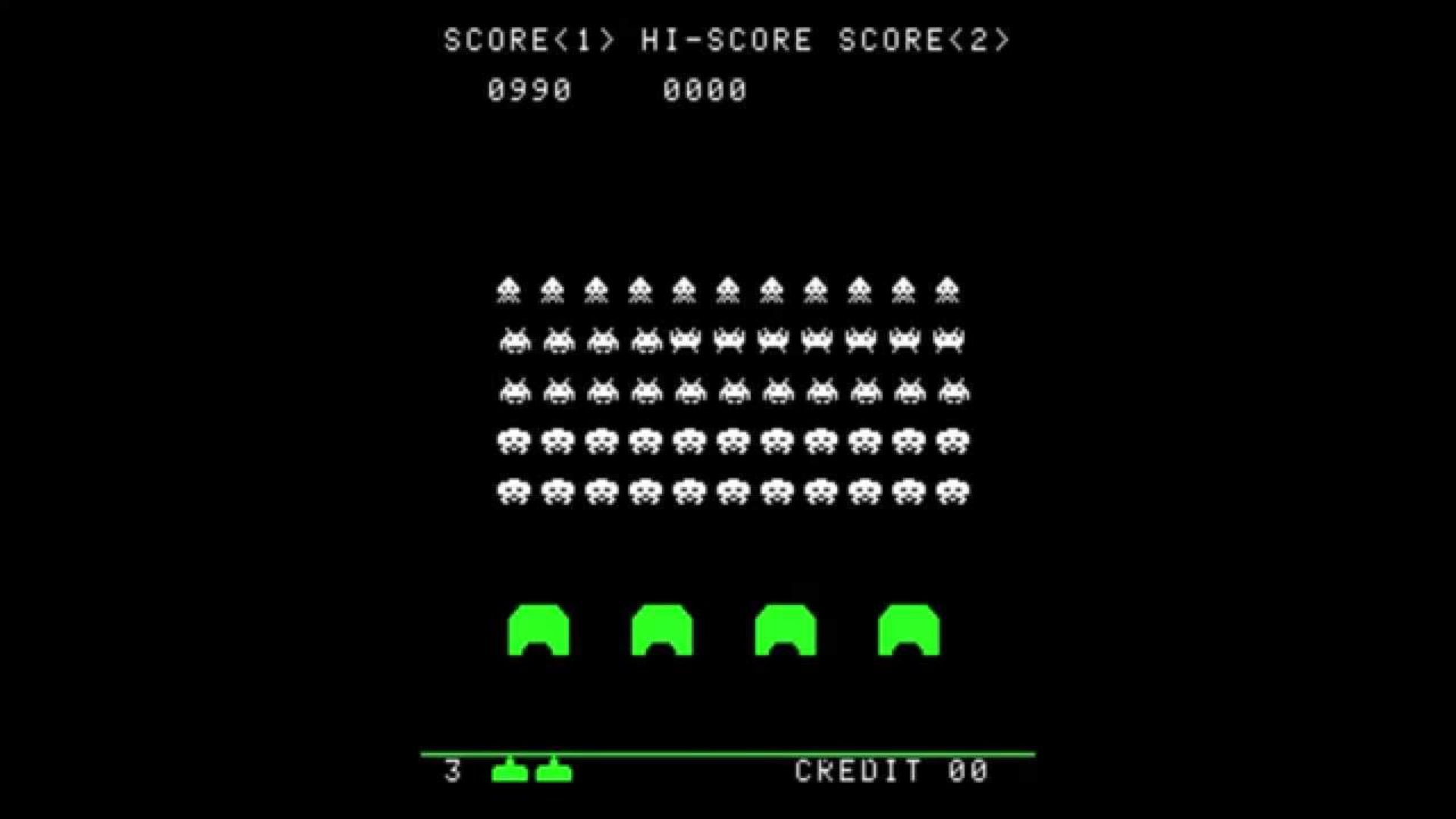
Spade Invaders - a real classic
The current state and future of Japanese gaming
Japanese gaming culture is bigger than ever, with arcades and game cafes skyrocketing in popularity all over the world. And with VR now on the scene, game cafes have a new opportunity to evolve and make gaming more accessible to a wider audience.
Nowadays in Japan, mobile gaming is king. Commuting to work? On a lunch break? Having games at your fingertips means titles like Pokémon GO, Fate/Grand Order and Monster Strike have exploded in popularity. This, in turn, is likely to influence the West’s continued acceptance of mobile as a legitimate gaming platform.
With Japan’s gaming culture filled with innovation and unique gameplay mechanics, I’m excited to see what the future holds—especially for the titles close to my heart. I mean, where else can you roll an entire continent into a ball? (cough, Katamari Damacy.)
*Gaming genre glossary:
JRPGs - Japanese roleplaying games, such as Final Fantasy, NieR: Automata, Persona.
Soulsborne - a subgenre of Souls games known for its high-difficulty, like Elden Ring, Dark Souls, Sekiro.
Metroidvania - action-adventure, platformer games, such as Hollow Knight, Blasphemous, Dead Cells.
Platformers - games where players navigate through obstacles by jumping and movement mechanics, e.g. Super Mario Bros, Celeste, Sonic the Hedgehog.
